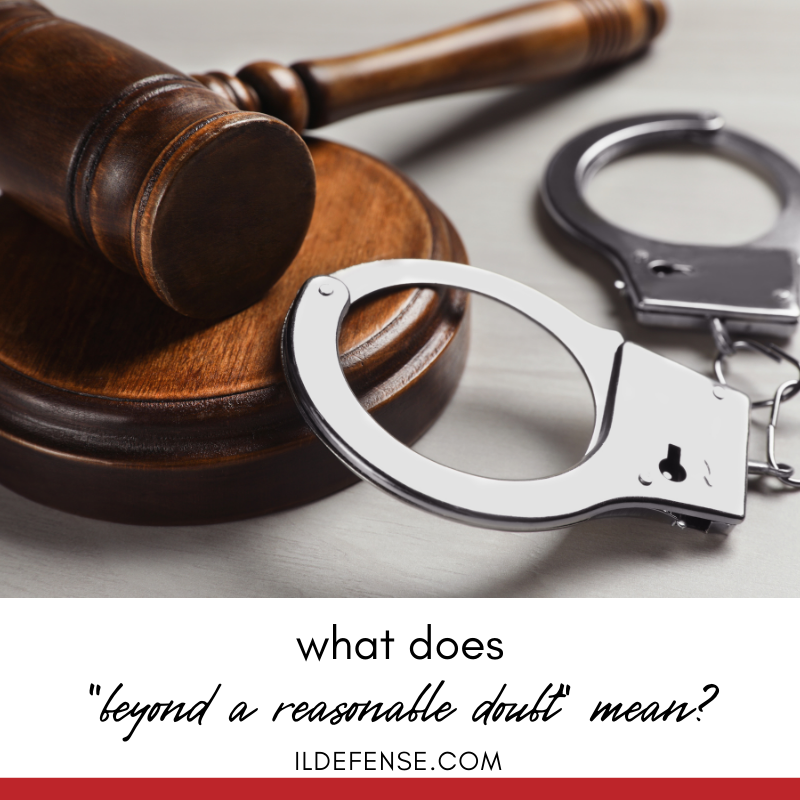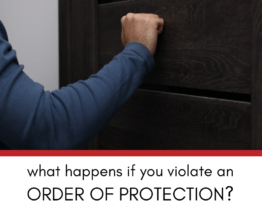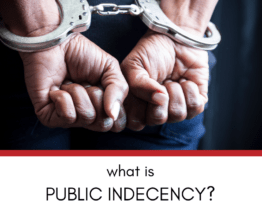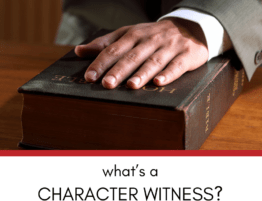
If you’re like many people accused of a crime, you know that a jury or judge needs to find you guilty beyond a reasonable doubt – but what does that mean? This guide explains.
What Does “Beyond a Reasonable Doubt” Mean?
In order to be convicted of a crime, the prosecution must prove your guilt beyond a reasonable doubt. This is the highest standard of proof required in any criminal trial.
To put it simply, if there is any reasonable doubt about your guilt, you should be found not guilty.
For example, let’s say that you are on trial for armed robbery. The prosecution presents evidence that you were seen carrying a gun and that the victim identified you as the robber. However, there is also evidence that you were at home with your family at the time of the crime. In this case, the jury may have a reasonable doubt about your guilt and find you not guilty.
Related: When to call a Rolling Meadows DUI lawyer
On the other hand, if the evidence against you is overwhelming, a jury may find you guilty even if there is some doubt about your guilt. For example, let’s say that you are on trial for murder. The prosecution presents evidence that you were seen arguing with the victim shortly before the crime. There is also CCTV footage of you entering the victim’s house.
The jury may find you guilty even if there is some doubt about whether you actually committed the murder.
So what does it take for the prosecution to prove your guilt beyond a reasonable doubt?
In most cases, it takes more than just circumstantial evidence. For example, if you are on trial for murder, the prosecution may present evidence that you had a motive to kill the victim. They may also present eyewitness testimony or DNA evidence linking you to the crime.
If the prosecution can prove your guilt beyond a reasonable doubt, you will be convicted of the crime.
If they cannot, you will be found not guilty.
However, you need to know that there’s never any way to predict how a judge or jury will rule – and no attorney can guarantee any specific outcome on your case.
Do You Need to Talk to an Attorney?
If you’ve been accused of a crime, we may be able to help you – and don’t worry: It’s completely confidential. Call us at 847-920-4540 or fill out the form below to schedule your free, private consultation with an experienced and skilled Chicago criminal defense attorney now.
Contact Us
"*" indicates required fields









